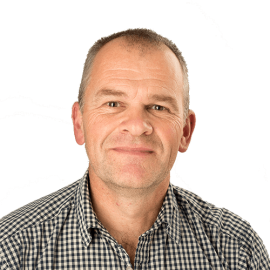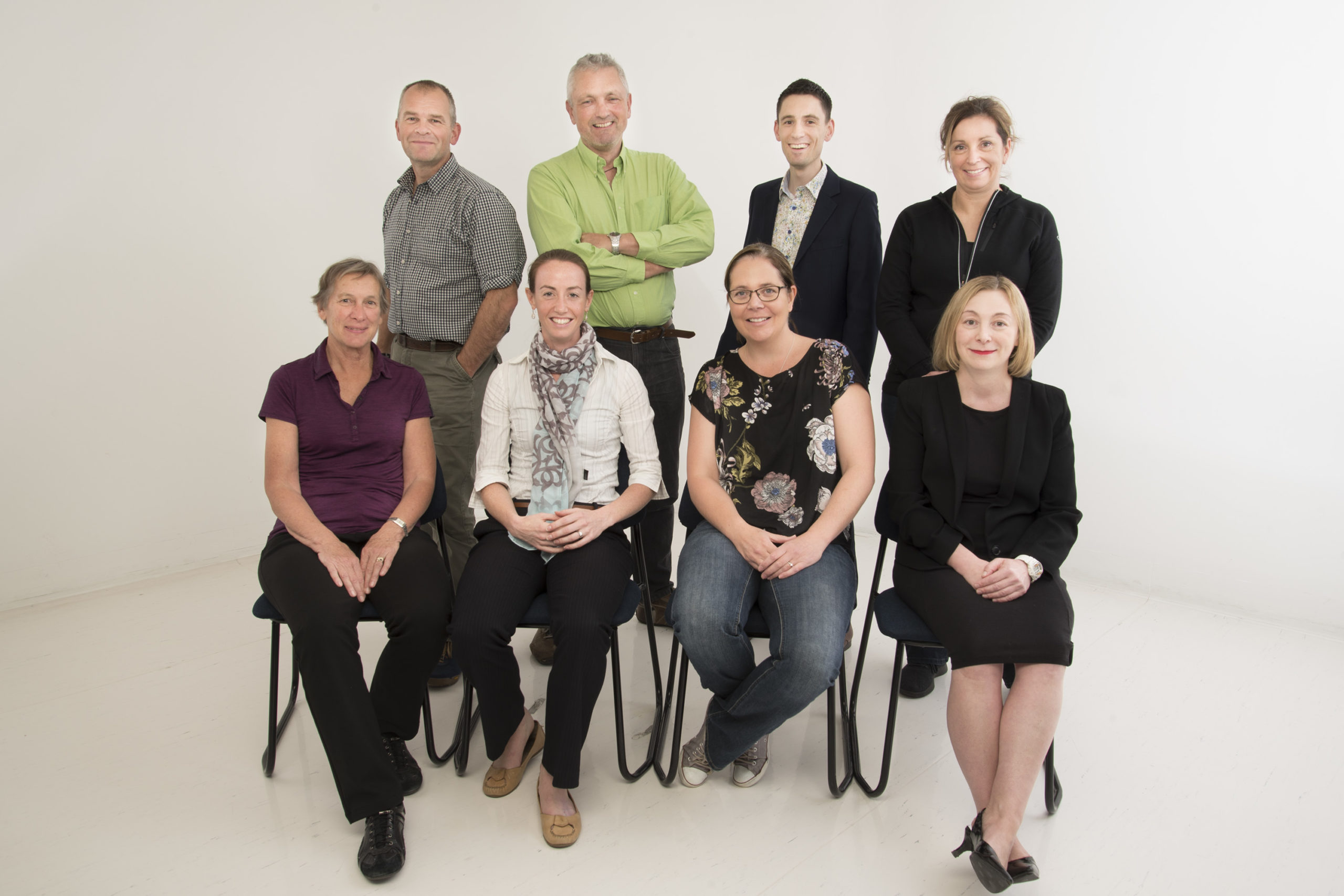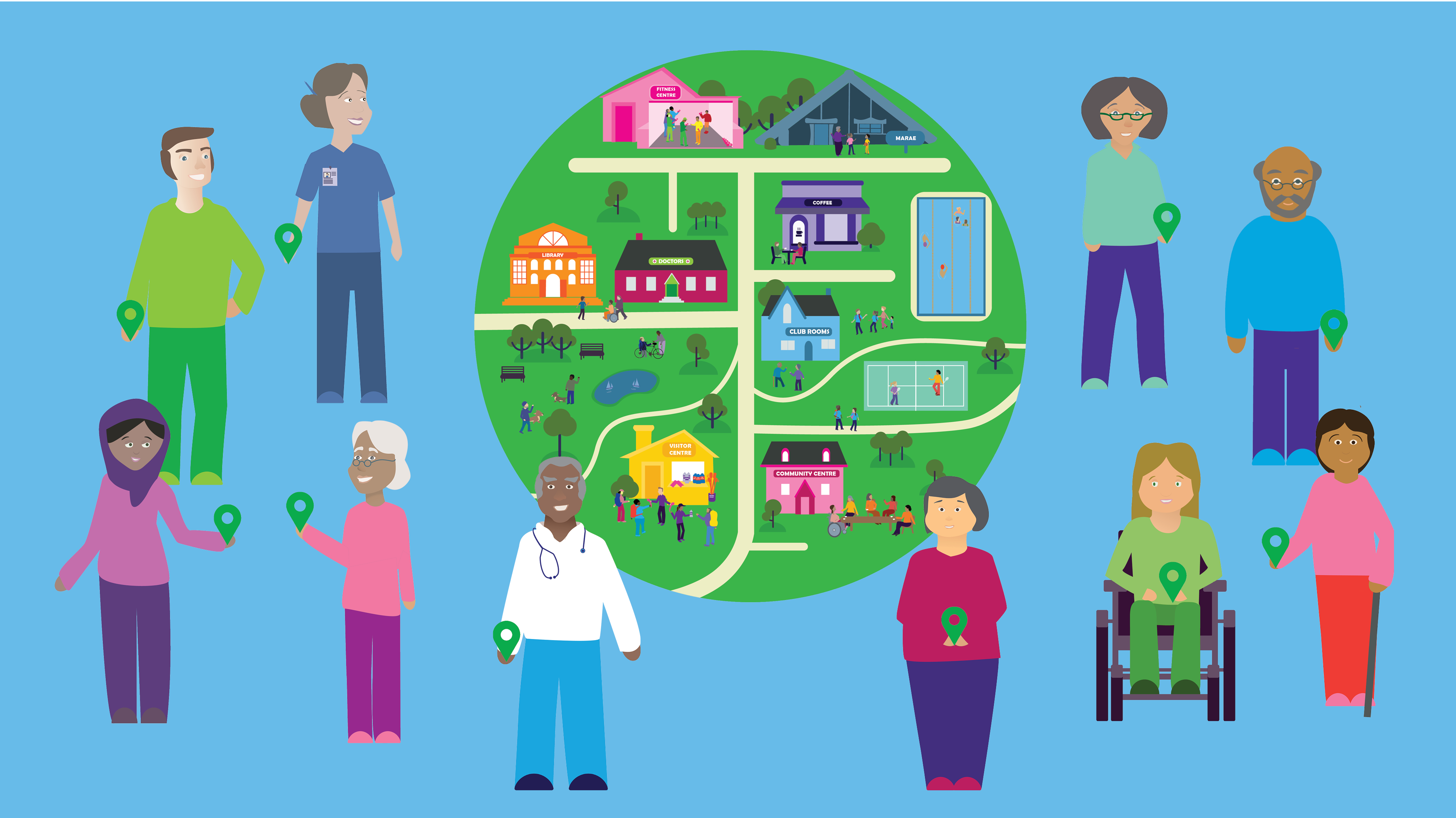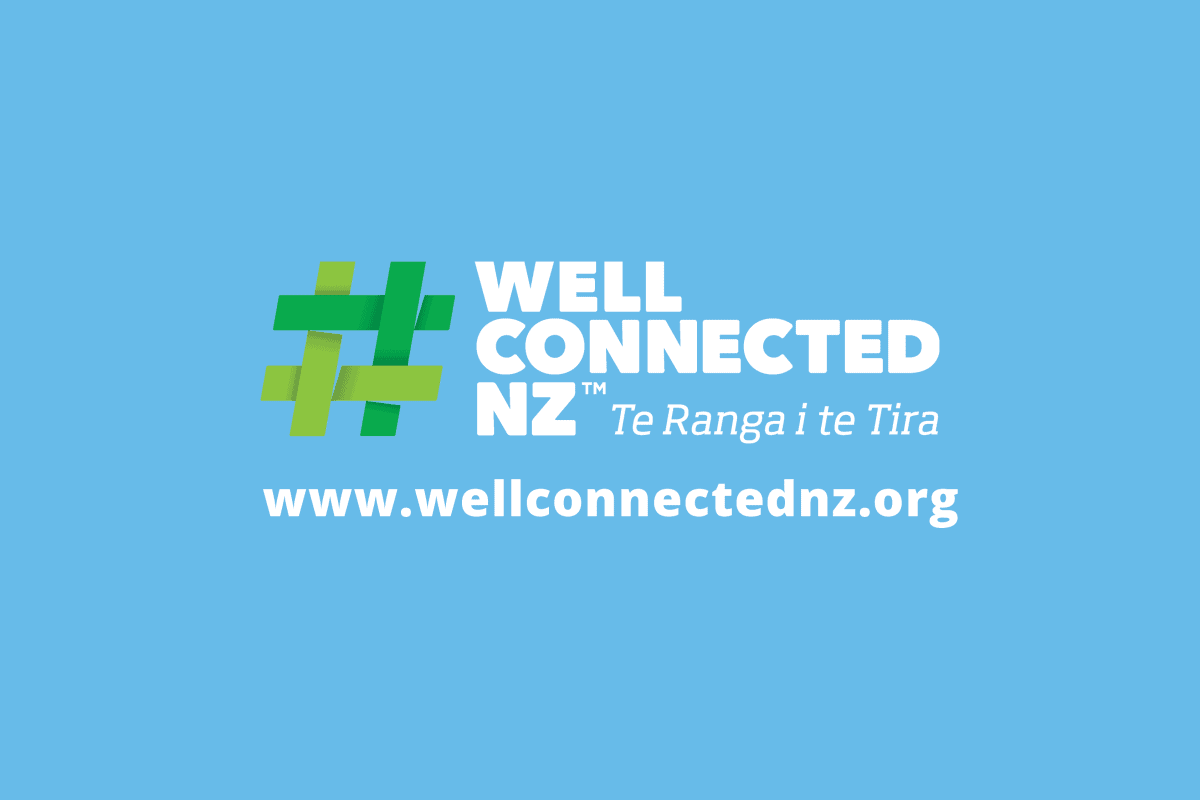Social connection: a key to health and wellbeing
10 July 2019
Social isolation is an issue that’s starting to get more attention in the context of health and wellbeing. It’s known, for example, that when people are socially isolated they are more at risk for depression, and it can cause some chronic pain conditions to become worse.

Older people who are isolated are more likely to be depressed and undernourished, and experience worsening physical health. The impact of loneliness on one’s health has been compared to the effect of smoking 15 cigarettes a day. On the flipside, social connectedness is associated with improved health status; it’s been linked with both mental and physical health benefits.
Social connection is the theme for the WellConnectedNZ™ project*. The research team, based in Canterbury, know that very few people who have long-term health conditions, such as heart disease, arthritis, Type 2 diabetes or chronic obstructive pulmonary disease (COPD), are referred to rehabilitation programmes which could help them. And of those, even fewer turn up to go on and receive benefit from those programmes.

The reasons for this – and what people living with these conditions think might work better – is the main focus of this project.
Dr Mandy Wilkinson, one of the research team’s members explains:
“When people live with a long-term condition, they often live with other chronic conditions as well – they don’t just have COPD, they may also live with heart disease or diabetes – and at present, rehabilitation is offered as disease-specific programmes. This means if somebody’s got two or three long-term conditions, and they’ve been referred to programmes about those individual conditions, they have difficulty turning up to all, because they’ve got two or three programmes to get to.”
Asking a different question
So rather than creating another health intervention programme, the research team is asking a different question:
“How can we as health care professionals help connect people with what’s already happening in their neighbourhood and community?”
The researchers talked to more than 200 people in the Christchurch area via hui and ‘coffee and chat’ gatherings, as well as one-on-one interviews with individuals with long-term conditions, health service and healthcare providers, health navigator services, Council members and many community organisations. The conversations were about social connection, health navigation, getting out and about (thus achieving physical activity), and how the built environment enables or challenges people for getting out and about.

“We asked questions like – what makes a healthy community? What does social connection mean? What did they want to see in a healthy community, what worked and didn’t work for them?” says Dr Wilkinson.
Through these conversations, the researchers found that social connectedness is key to people feeling a sense of wellbeing, and that social connectedness involves not only receiving care and support from others but, importantly, being able to reciprocate.
“We heard from some people that reciprocity of giving and receiving is important. Often people with long-term conditions feel like they are always being given to, because they are seen as needing things. We heard how much they felt they still had to give; [they valued] the ability to give back and be a useful contributing member of society”.
Based on this feedback, and that of health professionals and community workers about some of the challenges they face, the WellConnectedNZ™ team has come up with a different way of people getting connected.
Finding the way – Pou Ārahi
What came out of conversations was a set of navigation way-finding points that the wider research team terms Pou Ārahi. The team likens these to navigation markers on a walking track in the bush, demonstrating there are many ways for a person to get to where they would like to go.
This idea of way-finding points or Pou Ārahi is a departure from more traditional ‘deficit-based thinking’ which concentrates on the idea of problems and finding solutions to problems.
“We have to remind ourselves on a daily basis that people inherently have the capability within themselves to make their own decisions (for living with long-term condition/s), and we need to support that. So instead of looking at people with long-term conditions as ‘needy’ can we find ways to support them to find their own way, whichever way that might be,” says Dr Wilkinson.
The Pou Ārahi are categorised into interpersonal, community, and systems categories:
- An example of interpersonal Pou Ārahi is the need for healthcare professionals to listen more carefully to patients, so that patients can feel more part of the decision-making process about their own lives.
- Community-level Pou Ārahi encourage both giving and receiving as members of a community, and using technology coupled with diverse communication methods that build on existing relationships.
- The systems category covers many aspects of health care provision, including a need to find alternatives to the current ‘disease siloed’ approaches to providing health care and support to people with multiple long-term conditions, and reversing the language from ‘providing care’ to helping people ‘restore their own wellness’.
“People aren’t bits,” says Dr Wilkinson. “They are a whole person. Looking at a person as a knee or a set of lung diseases isn’t always useful and there needs to be some re-thinking around how systems for accessing health and social care can work better to support people in a way that is meaningful and respectful.”
An Interactive Map

One result of this change in thinking has been to develop an interactive map for use within the Christchurch community, featuring information on a wide range of groups, programmes, activities and events (available on the WellConnectedNZ website). The map can be contributed to and used by individuals, service providers, health professionals and whānau. Project leader Dr Michael Epton is working with primary care practices in Christchurch to use the map as a conversation starter among patients as to how they could see themselves getting out and about more in their communities. And now there’s interest from international health researchers in replicating the idea.
Empowering people with long-term conditions
Interestingly, the WellConnectedNZ™ team has found that simply talking with people has in itself created change.
“Simply by saying to people ‘so what’s stopping you from doing this?’ has been empowering,” says Dr Wilkinson.
“Part of our role in this project has been about knowledge translation, and about saying ‘so why can’t you do that – what’s stopping you? How might that be enacted in your workplace or your daily life?’”
They’re simple questions that may, in time, help those with long-term conditions find their way to wellness.
Read more about WellConnectedNZ Te Ranga i te Tira – Improving individuals’ health by strengthening community connectedness
Website www.wellconnectednz.org
Twitter @WellConnectedNZ
Facebook www.facebook.com/wellconnectednz
* The WellConnectedNZ™ research project is jointly funded (in part) by the Health Research Council of New Zealand, Ministry of Health and Healthier Lives National Science Challenge, as part of the Long-Term Conditions Partnership.


